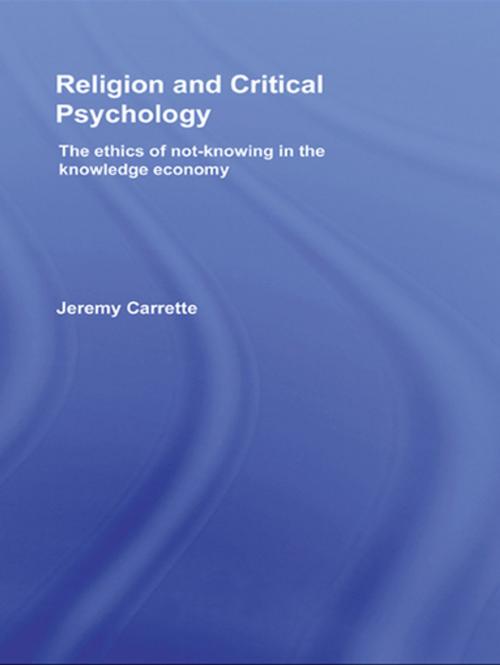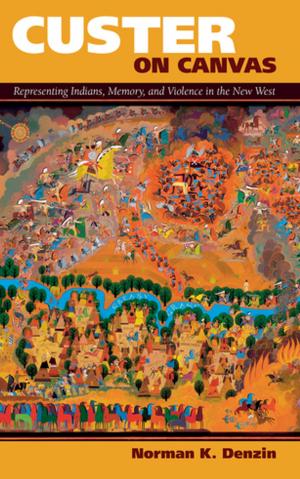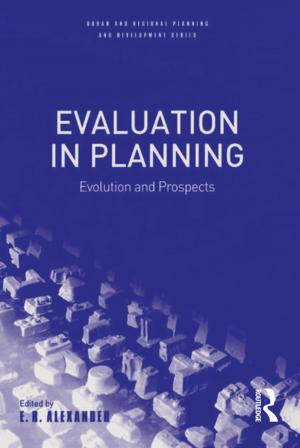Religion and Critical Psychology
Religious Experience in the Knowledge Economy
Nonfiction, Religion & Spirituality, Reference, Psychology of Religion| Author: | Jeremy Carrette | ISBN: | 9781134099641 |
| Publisher: | Taylor and Francis | Publication: | October 31, 2007 |
| Imprint: | Routledge | Language: | English |
| Author: | Jeremy Carrette |
| ISBN: | 9781134099641 |
| Publisher: | Taylor and Francis |
| Publication: | October 31, 2007 |
| Imprint: | Routledge |
| Language: | English |
Jeremy Carrette argues that the psychology of religion is no longer sustainable without a social critique, and that as William James predicted, the project of the modernist psychology of religion has failed. Controversially he champions greater social and philosophical analysis within the field to challenge the political naivety and disciplinary illusions of the traditional approaches to psychology of religion.
Carrette discusses the relevance of the social and economic factors surrounding the debates of psychology and religion, through three critical examples:
- psychoanalysis
- humanistic psychology
- cognitive neuroscience.
A Critical Psychology of Religion provides a new dimension to the debates surrounding religious experience. It will be of interest to students and researchers in the fields of critical psychology, religious experience and the psychology of religion and extends an interdisciplinary challenge to the separation of psychology, sociology, politics, economics and religion.
Jeremy Carrette argues that the psychology of religion is no longer sustainable without a social critique, and that as William James predicted, the project of the modernist psychology of religion has failed. Controversially he champions greater social and philosophical analysis within the field to challenge the political naivety and disciplinary illusions of the traditional approaches to psychology of religion.
Carrette discusses the relevance of the social and economic factors surrounding the debates of psychology and religion, through three critical examples:
- psychoanalysis
- humanistic psychology
- cognitive neuroscience.
A Critical Psychology of Religion provides a new dimension to the debates surrounding religious experience. It will be of interest to students and researchers in the fields of critical psychology, religious experience and the psychology of religion and extends an interdisciplinary challenge to the separation of psychology, sociology, politics, economics and religion.















